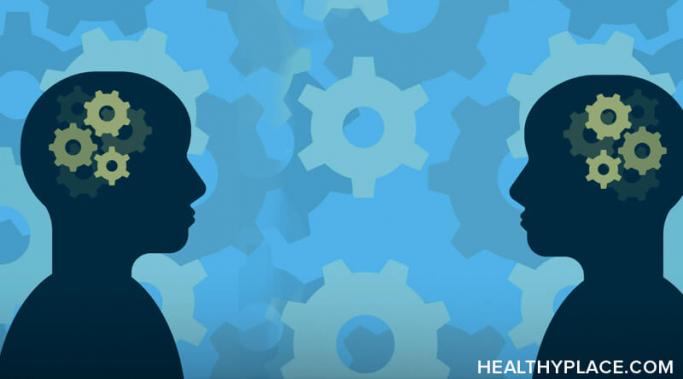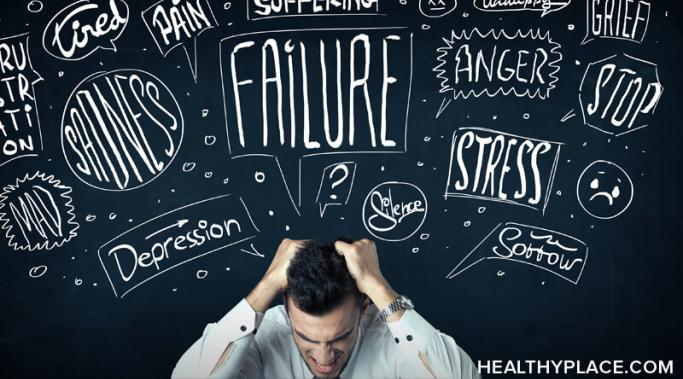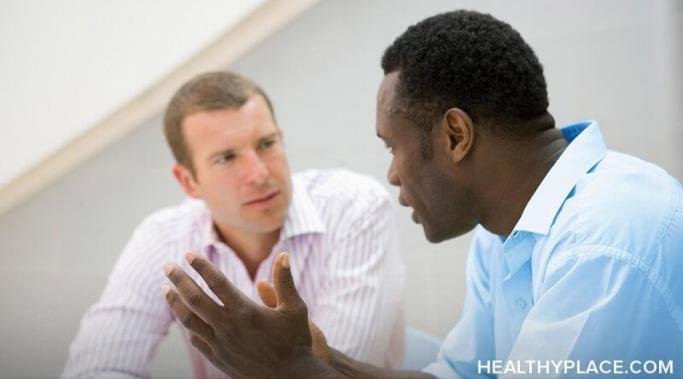Ignorance is bliss. Or is it? It can be challenging to decipher the true root of ignorance. Is it the literal definition of the word, lack of knowledge or awareness? Does malicious intent fuel ignorance? Does a lack of empathy fuel ignorance? Although daunting, the truth is, understanding the root of the ignorance in question is the first step toward improvement. Regarding mental health stigma, ignorance is one of the biggest obstacles to progress. Let's unpack a few common motives behind ignorance to help gauge a path forward concerning mental health stigma.
Stigma and Society's Perception of Mental Illness
The next global pandemic is here, and it's not what we expected. Mental health is at a tipping point in the United States and the world. Even before the COVID-19 pandemic, anxiety, depression, and other mental health disorders began steadily trending upward. With one global pandemic slowly moving into the scope of our rearview mirror, another timely and urgent pandemic has prevailed: mental health.
"Get over it." "Snap out of it." If I had a dime for every time I heard those phrases about depression, let's just say I could quit my day job. It irritates, no infuriates, me that the sheer magnitude and hardship that is depression is diminished. It makes a challenging experience all the more compounding. It is hard to say if it's ignorance that drives this misconception or stigma or if the two are even mutually exclusive; one thing for sure is that none of it is helpful to an individual struggling.
Energy can be low or nonexistent when you have mental health struggles. For me, I generally have less energy to begin with, and, often, day-to-day activities—even simple interactions or tasks—can drain my battery to red. When my depression and anxiety are running rampant, it can feel like every gauge goes into the negative.
On July 16th, 2022, the new three-digit Suicide and Mental Health Crisis Hotline went into full effect. The transition from a 10-digit number to the more convenient and memorable 988 is a positive step toward adequate and widely-accessible mental health resources for all. Moreover, the hotline is no longer solely for suicidal individuals but open to anyone facing a mental health crisis. The overall messaging behind this change is perhaps the most impactful. We hear you; we see you; we'll show you not only through our words but through our actions.
The basis of marketing is pretty simple: identify a problem your target customer is facing and offer a solution. In most cases, it’s effective, but, unfortunately, it’s also used in predatory marketing practices that don’t necessarily a sound product or opportunity to offer. It’s important to be able to recognize mental health stigma used in marketing tactics in order to protect yourself from falling prey to them.
Every time I hear of gun violence in the news, I wonder how soon after the conversations about mental health, and mental illness, in particular, will follow. It’s usually not too long. With the recent stories of gun violence in the news, it’s been no different. People were quick to blame mental health issues for the actions taken by these individuals.
A couple of weeks ago, I volunteered to distribute sanitary products and a hot meal to the unhoused community of Washington D.C. through the impactful and committed organization, The Distant Relatives Project. The experience produced a mix of emotions. I felt heartbroken to see so many individuals in need; the worst of it was learning that a large number of unhoused individuals who struggle with mental health issues do not have access to professional help. It is a crisis.
As I’ve gotten older, I’ve learned that I’m someone who can become overwhelmed fairly easily. Sometimes, I think it developed in my adulthood, but maybe it’s just something I never noticed or had the words to identify as a child. Whatever the case, being overwhelmed negatively impacts my mental health, and I want to talk about it to address the stigma around it.
Allow me to join the chorus and say it’s Mental Health Awareness Month. Each year, the mental health community comes together during May to amplify the discussions around mental health to reduce the stigma of mental illness and show people they’re not alone in their struggles.









